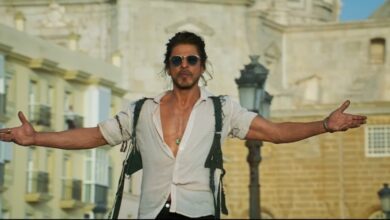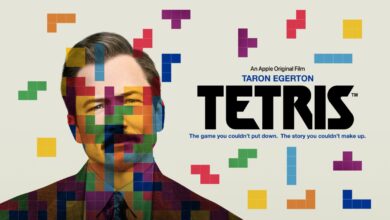Gladiator II Review: It Perfectly Intercepts the Feelings of the Gut, Heart and Head of the Present!
Gladiator II Review: Gladiator II is not up to the level of the film it wants to be an epigone and sequel to, but the point is that it doesn’t even try: its mission is another. That of entertaining us. The sequel does not have a screenplay, a soundtrack, a reconstruction, or a protagonist with the same magnitude as the original; moreover, it does not aim to mark an era. The pressure to repeat this result is consciously avoided by Ridley Scott, someone who at 87 years of age finally seems to have perfectly understood the desires of the public, managing to combine them with what he wants to shoot as a director. After years of watching cooking shows, we have learned that the secret to a successful dish depends a lot on the quality of the ingredients. It is difficult for a chef to bring home a recipe without the parts that compose it being good, in some cases excellent. Without good ingredients, every effort to satisfy customers and convince them to return to eat in your restaurant is in vain.
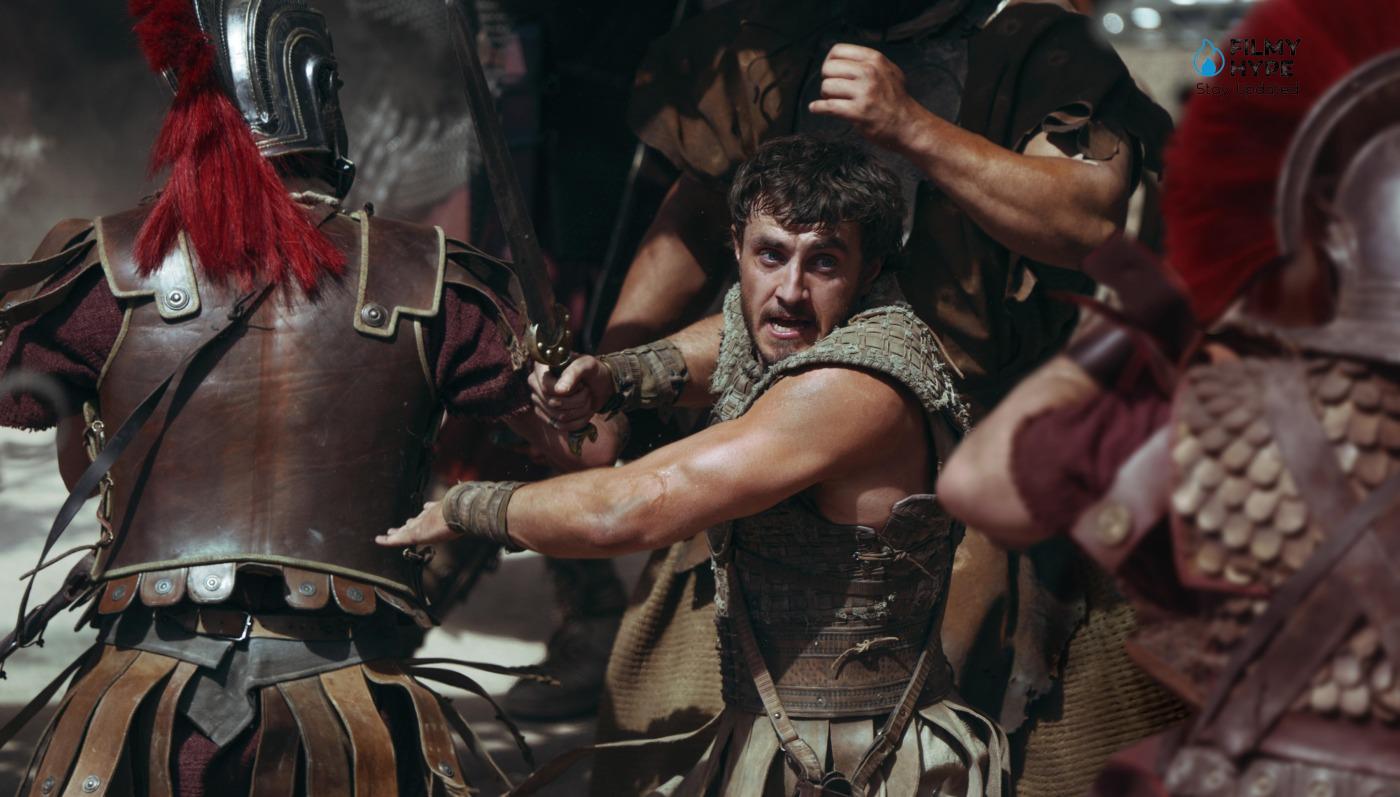
Ridley Scott must have thought something similar after meeting Paul Mescal. The director says he saw him for the first time in Normal People, the series based on the novel of the same name by Sally Rooney that launched the actor into the Olympus of Stars. Scott said he had thought for a long time about a sequel to Gladiator, but only after seeing Mescal did, he decide to start the project. After all, it would be a waste not to use a face like his and his innate charisma – combined with a disarming smile and an apparent great kindness – for a film about the Roman Empire. There are probably two of his films that will be compared to this work. The first is Gladiator with Russell Crowe, the film that came out right in 2000 and had a huge cultural impact on a global level. It marked the beginning of a change in trends in cinema, or at least it marked the beginning of the end of twentieth-century commercial cinema. The other film that is worth mentioning is The Martian, Scott’s last film to collect critical and commercial success. The last title is explicitly designed to entertain the audience through enjoyable performances by big stars, special effects, action, and plot twists.
Gladiator II Review: Story Plot
Set several years after the death of Maximus Decimus Meridius – the character that earned Russel Crowe an Oscar – the second chapter of Gladiator tells the story of a young man who is taken prisoner after his city is besieged by the emperor’s troops. Leading the army that has ravaged his city and killed his companion is Marcus Acacius (Pedro Pascal), against whom the young man swears revenge. Reduced to slavery, he is taken to Macrinus (Denzel Washington) who decides to take him to Rome and make him fight in the games organized to celebrate the successes of Marcus Acacius. Rome was as usual dirty and corrupt and Marcus Aurelius’ dream of transforming the empire into a republic seemed definitively sank. Augusta Lucilla (Connie Nelsen), daughter of the late emperor, together with a few faithful senators is perhaps the last living witness to the exploits of Maximus Decimus Meridius and her father’s utopia of cleaning Rome from scandals and corruption.
The arrival of the character played by Paul Mescal will bring that dream back to the hearts of those who believed in it, but the one who will speak in their wheels will be Macrino himself, who has a Machiavellian plan in mind to conquer power and take control of the fate of the Empire. It is a world obsessed with power that Ridley Scott tells in Gladiator 2, with a political class in disarray, madly thirsty for war and blood, and the dream of Rome now very distant. Gladiator 2 is a political film – to a much greater extent than the first chapter -, which lends itself well to a reading that goes beyond the confines of the screen, as a commentary on contemporaneity. This political plot proceeds in parallel with the parable of revenge and affirmation of Lucius Verus, banished from Rome as a boy, brought back there as a slave after the conquest of Numidia by General Acacius (Pedro Pascal) and bought by the impresario Macrinus (Denzel Washington) to fight in the arena of the Colosseum as a Gladiator.
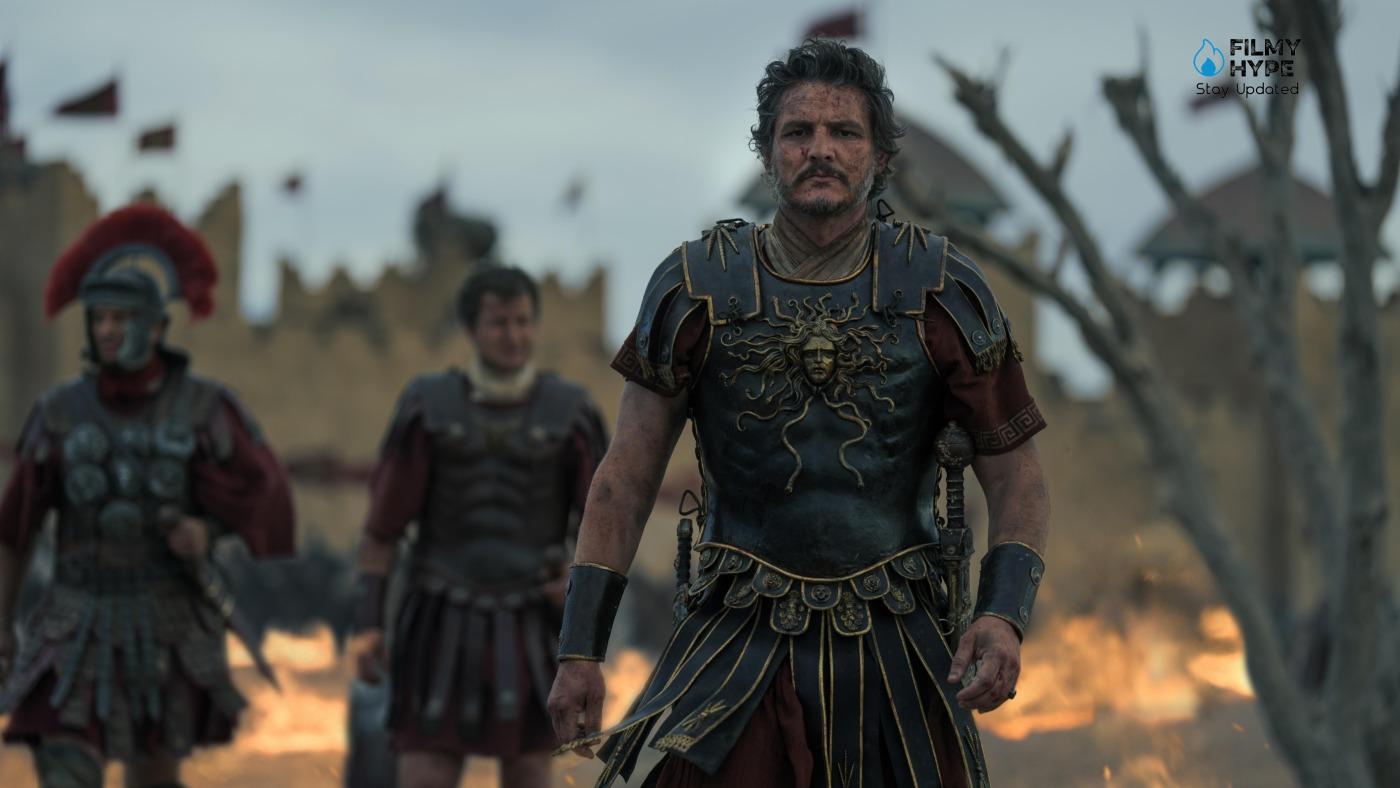
Lucio’s path to liberation intersects and crosses with that of the collapse of Rome and the attempt to bring power back into the hands of the people, threatened by the intrigues of Denzel Washington’s Macrinus, by far the most interesting and three-dimensional character in this sequel. Charismatic, ambiguous, ruthless, and cunning, Macrinus is a character somewhere between Shakespearean and Machiavellian and Denzel Washington is the protagonist of an excellent performance, literally stealing the scene every time he is framed. And if through the figure of Macrinus, the lust for power emerges, through that of the emperors Geta and Caracalla the most rotten and corrupt side of that same power emerges. The portrait of the two emperors – played by Joseph Quinn and Fred Hechinger – is deliberately grotesque, exaggerated, and stigmatizing. There are therefore multiple points of view to which Gladiator 2 entrusts narration, with the perspective that broadens beyond the role, albeit central, of Lucio alone.
Gladiator II Review and Analysis
Gladiator II perfectly updates Gladiator, creating a great show. This doesn’t mean it’s a good or successful film, but that it always aims for the coup, the spectacular, the fun. Scott and his assistants – starting with his trusted screenwriter David Scarpa – do exactly this, with admirable cynicism. The first big problem to face for the sequel is where to find a new Russell Crowe today. The answer is: nowhere, because there are no longer stars who work alone, who attract the masses to the cinema, who truly seduce the spectators. Some caryatids from the twentieth century resist because the population that goes to the cinema is the same as those who went in those years and are still tied to those names. Today a commercial film works in the plural: there are audiences, micro-niches, and bubbles. So, Gladiator II gives everyone their star and is without a real protagonist.
Paul Mescal is the star of indie films who aims to bring to the cinema in public who comments on art house films and the thighs of their protagonists on Twitter (which in the theater, box office data in hand, counts for little or nothing), the orphaned girls of Normal People, the queer segment with refined tastes. He proves to be a classy actor, who manages to function in a blockbuster in which he is presented as the protagonist but is not, maintaining the allure of an actor with a capital A and pronouncing with conviction the elementary and reiterated lines that the script gives him. His Lucio Vero speaks like a rebellious teenager, not like a married man and then a widower animated by uncontrollable and blinding anger. Mescal puts an undeniable charm into it, giving Crowe’s old fans the pretext for a complaint that they can’t wait to spend. When he wears Maximus’ armor, he is the clearest image of the change in sexy masculinity: he is less massive and slenderer, his muscles are lean, and agility replaces power.
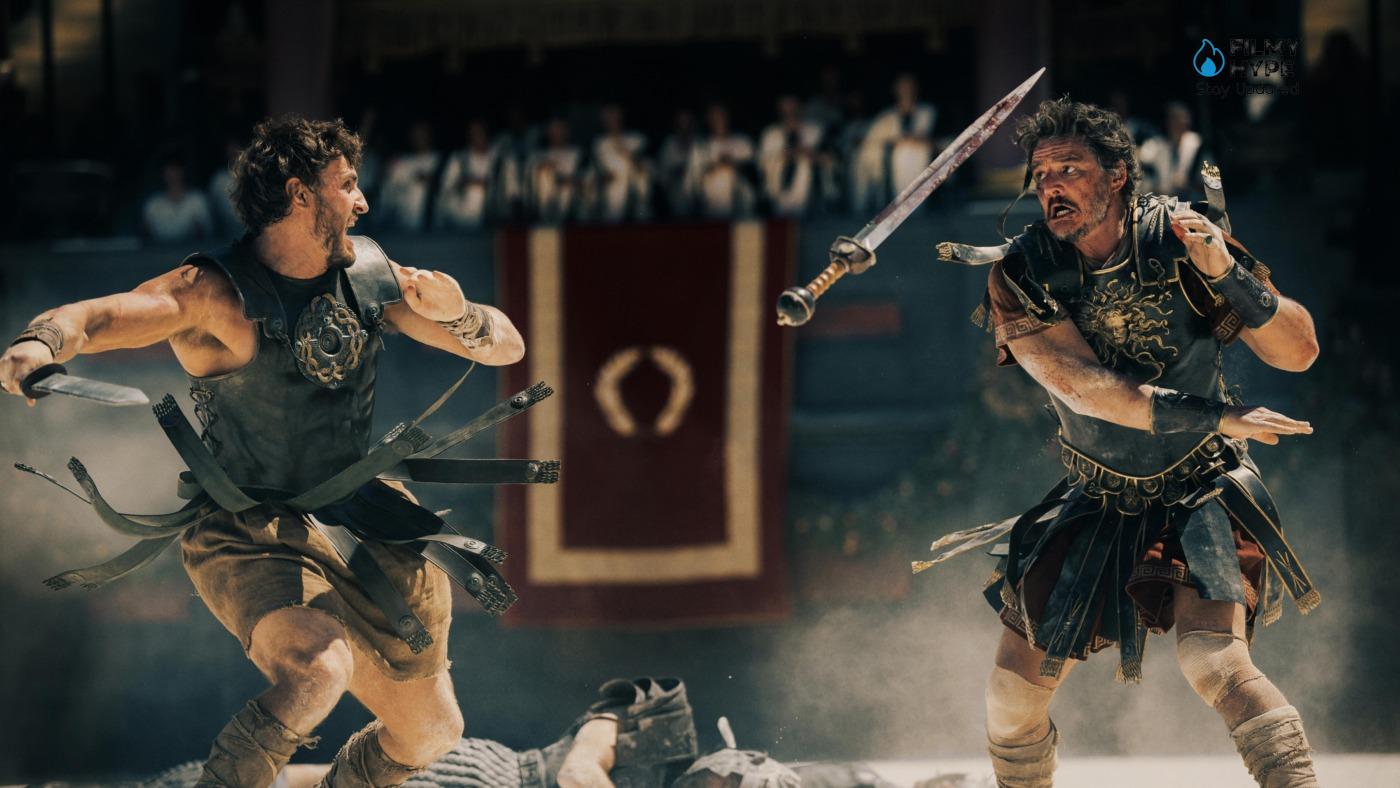
For those who are nostalgic for that kind of strong, solid, reassuring masculinity, Ridley Scott and David Scarpa propose Pedro Pascal, another parsley promoted in Hollywood. His is the most thankless role: limited, all in all useless, a dull copy of Massimo, the protagonist of the first film, who is not given the space to shine. However, he takes home another slice of the audience, as well as the consolation prize of being the Just One of these stories. Then there’s Denzel Washington, who will emerge triumphant in the reviews, which will acclaim him as the great charismatic villain who steals the scene from everyone. Of course: he is the actor who is not only entrusted with the best character but also with the most flashy and sophisticated wardrobe, which immediately attracts the eye with its colors and cuts. The real protagonist of the film, the one truly animated by an inextinguishable desire for revenge, is him, who in his own right brings with him the incredible ability to make elegant and feline what often risks becoming trash.
He moves like a leopard between the thrones of others, caressing them with desire, he appears behind the rulers of the moment, pulls out lethal weapons from the folds of his high-tailored robes, he professes himself as a humble servant incapable of being a senator and then humiliates the hemicycle with a smile. Above all, Washington understands the meaning of the operation, exploits it to the maximum, and even has fun. We can therefore forgive him for being an anti-climactic character, who deflates towards the end, and whose Machiavellian political plan is senseless once we stop thinking about it a little. Joseph Quinn, on the other hand, should be given a prize for how he is given the complete opposite – a character without weight, with a farcical look and very little space – and he gets a truly dignified result out of it. For dignity, however, I will remain silent about the return of Connie Nielsen, whose Augusta Lucilla is engaged in a series of incomprehensible choices, yes, but whose makeup and physiognomy leave no room for historical or acting credibility.
Like the cast, the story is also hypertrophic, full of gimmicks but very poor in internal coherence. The ideas it put into play are recycled from the first film, perhaps reversing them just to give a certain dynamism. The first Gladiator opened with the annihilation of the last Teutonic resistance from the point of view of a Roman general. Gladiator II opens with the same scene but from the point of view of the annihilated. The story begins like that of Spartacus but soon turns into a rebellion led by a predestined one, Nepobaby, the final one in the centuries-old history of the Roman Empire. The film is carried forward by a series of convulsive political pushes that all aim to annihilate Rome from within but cannot agree on how and fight each other. At times it aims for anarchy from below, for the rebellion of the people, and at times for the most conservative reactionary with the noble wise men who will lead the people towards better times. The point is not any kind of message that is not a slogan good for warming the spirits in the theater, never deeper than “strength and honor”.
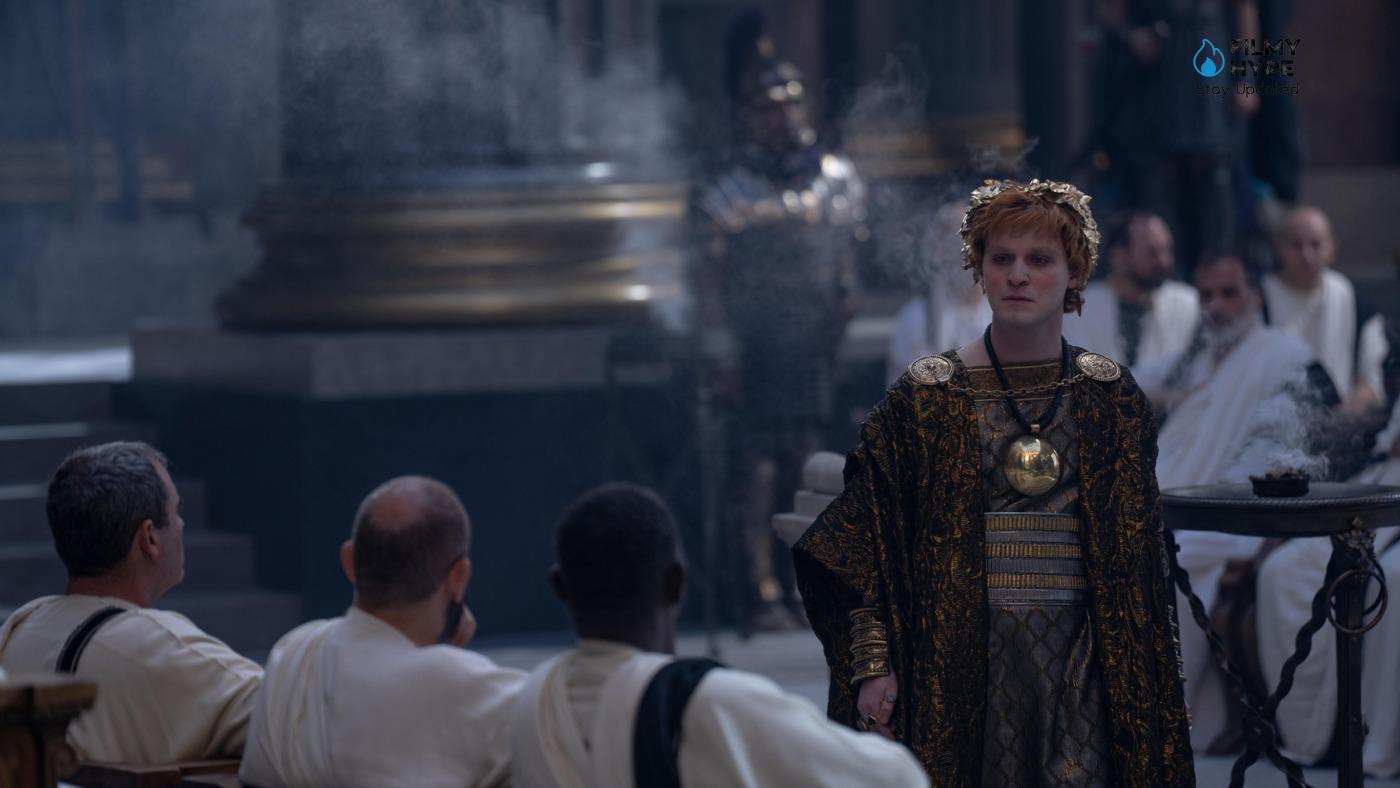
Thus, the best passages of writing (the prisoner Mescal who sees the statue of the Wolf and contemptuously comments “a person raised by animals” overturning the mythological foundation of the city) are canceled out by the jokes in a film that is never a coherent whole. Gladiator II is a series of peaks, blows, and relaunches. This script holds together a series of brilliant clips worthy of TikTok sketches, embroidering a semblance of a story around them, with slogans to embroider on hats and tweet with the hashtag. It is a masterpiece in intercepting feelings of the gut, heart, and head of the present. A present in which the important thing is to raise the bar higher in the clashes in the arena. Not like in the first film to create pathos, the wait for the moment in which Massimo can finally clash with the spoiled and arrogant young man, a symbol of a young generation that destroyed the Rome that he built (and here you have the answer to why, especially for a certain generation, this film remains an absolute cult). Gladiator II reasons in tests like the Hunger Games, in increasingly audacious clips.
The first time Mescal is tested as a fighter he is attacked by a shaved monkey, created with such bad CGI that for a couple of seconds I wondered if Scott had also put zombie animals in ancient Rome. The animal bites the protagonist, who reacts in an even more violent and animalistic way. A colleague later commented to me – and he is right – that that monkey is the most convincing villain, the most coherent character, and the narrative peak of the film. But he doesn’t stop there and relaunches endlessly in the animal field: first with a rhinoceros ridden by a star Gladiator, then with sharks that dart very fast in the flooded Colosseum, all the result of tremendous special effects. Speaking of sand and sand: how is it possible that the white monkeys of John Carter, a film from twelve years ago, make the special effects of the blockbuster Universal 2024 pale in embarrassment? It is possible if the point is to have a strong impact, positive and negative. When the animals run out, the trauma strikes: Lucio Vero is the protagonist of the same, traumatic experience of loss not once, not twice, not three times.
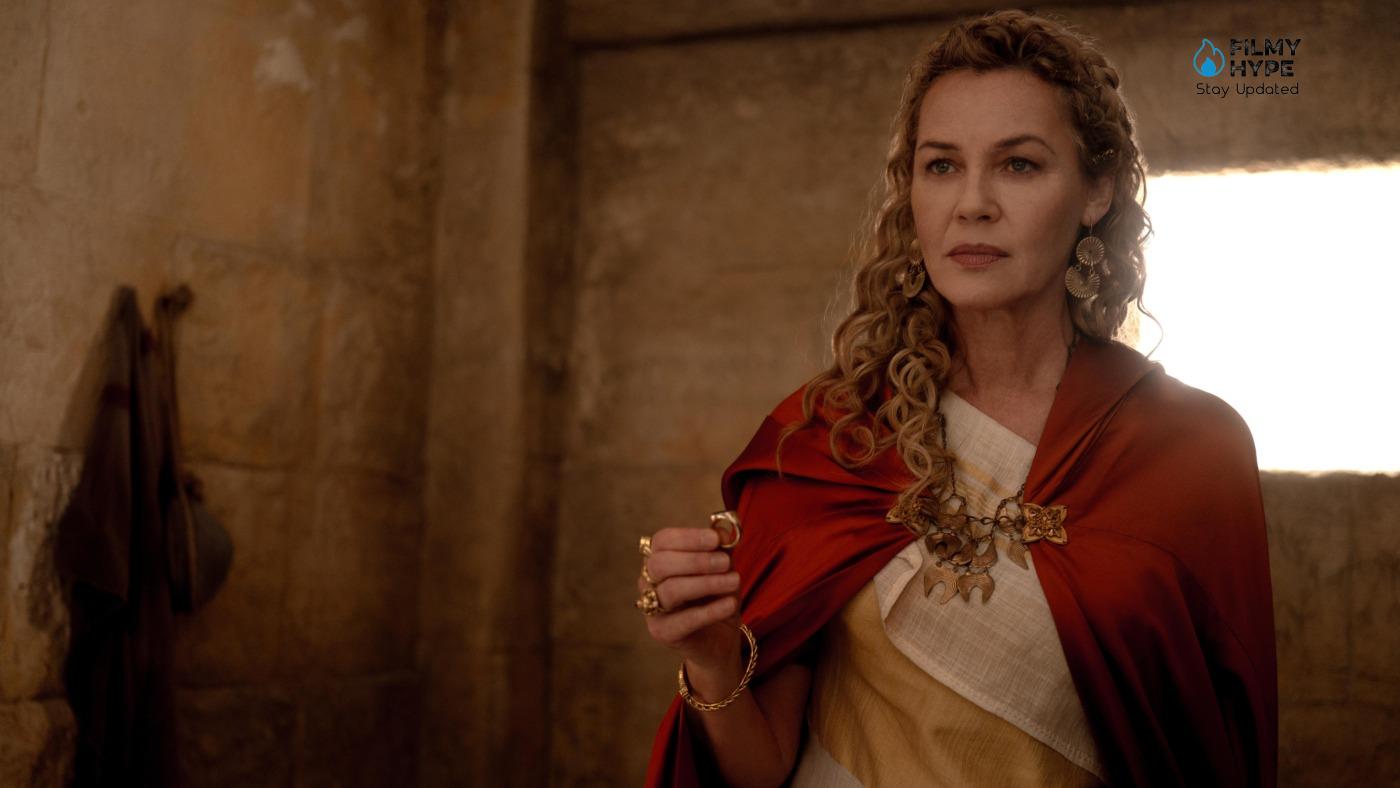
At that point, I wanted to stand up and applaud Scott, capable of even intercepting how cinema today is a narrative in reaction to a trauma, which is often deliberately exaggerated, very violent, and insurmountable. It goes much better when the ones facing each other are (real) men, bare-handed, bare-chested, with swords or shields. Here too we are light years away from the Scott of 24 years ago, who created a new style with slow motion and innovative use of the camera, lenses, and shutter. Seen today, Gladiator seems like the crude version of what would become the standard for large-scale action scenes. Gladiator II instead follows the wave and the wake, but it does so with a director who, both in the initial boarding and in the sand of the Colosseum, knows what he is doing. Once again, the two hours are well over because to give something to everyone and try to make it bigger and bigger without really having clear ideas, takes a lot of time and a lot of money.
When Gladiator came out, I was very young and very skeptical. Watching it again now, right after its sequel, it almost seemed like Shakespeare to me. It’s not like that. It simply turns out to be a film with a very punctual production, a precursor of many trends, and very focused in its narration, of its mythology. Gladiator II is very focused on intercepting something impalpable and current: the spirit of the current times. It doesn’t share the same ambition as the film that preceded it, but that doesn’t mean it’s an empty exercise in style. It’s so self-referential, a meme of itself, excessive in both positive and negative ways, beyond narration and coherence that it proves to be absolutely in step with the times. It doesn’t anticipate them, perhaps it won’t leave an indelible mark on them, but it shows that it has understood them very well and is riding them, without being thrown off.
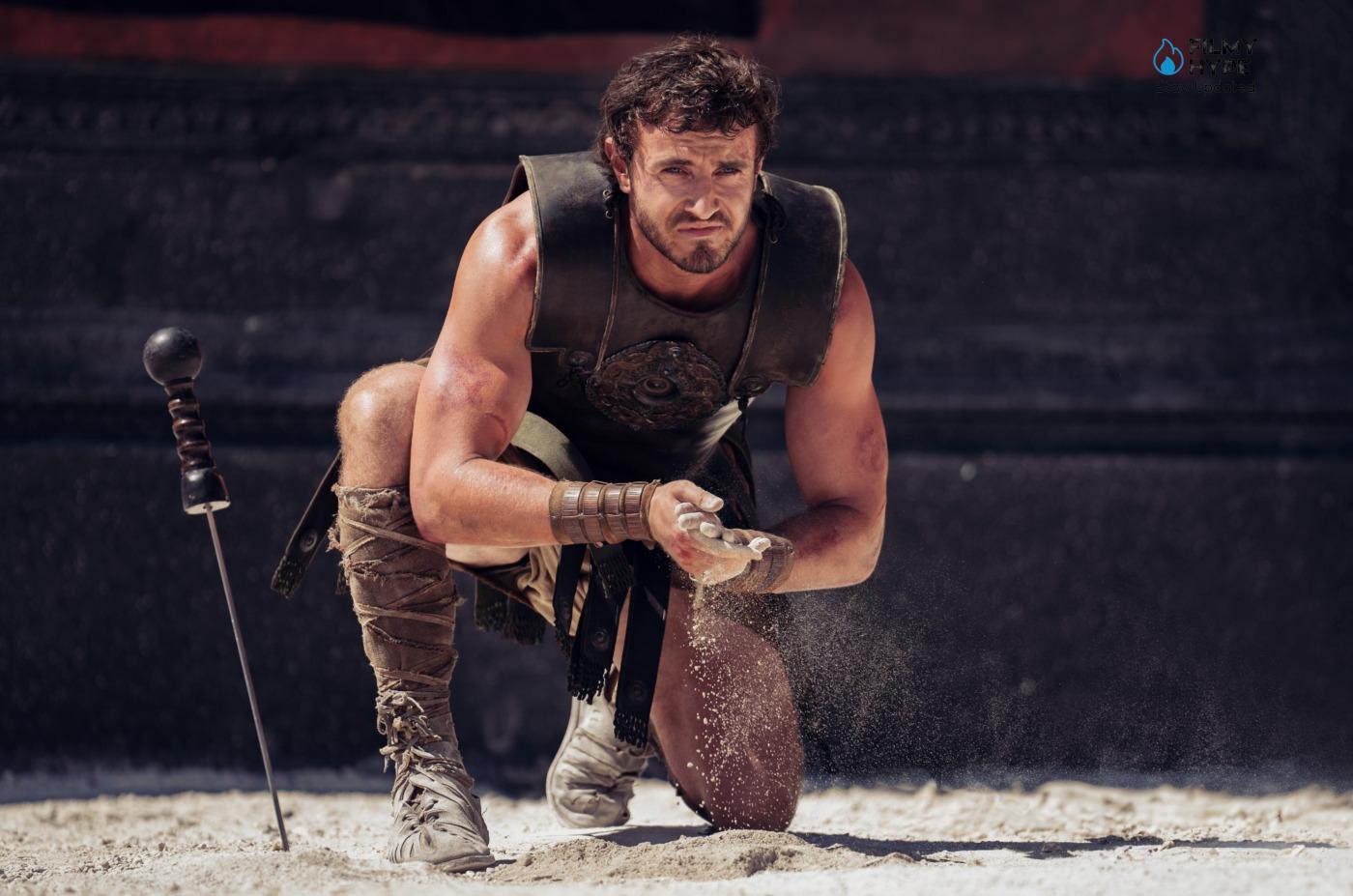
Less clear, however, is whether it is a good film to see in the future, as well as a show to be enjoyed in the here and now of the theater. Less clear is what happens next. We, the audience, do not know, just as the film does not know, undecided as to who will truly emerge victoriously from the arena. A film that opens by prophesying the fall of Rome. It’s not my problem, Scott seems to tell us, leaving us there staring at the outcome of this story like the two armies that were preparing to face each other in the finale and stare at each other at the entrance to the city, undecided. You wanted fun and I gave you everything I could, taking my battles, my real men who face each other bare-handed, perpetually looking for surrogate father figures: this is what Scott says. On the threshold of 90, he proves to be more contemporary than contemporaneity. Sorry if that’s not enough.
Gladiator II Review: The Last Words
The second chapter of Gladiator is an ambitious film in its message and staging, but the dialogues and a certain sloppiness of the screenplay are not adequately compensated for by the spectacular scenes of clashes and battles. The result is a decidedly enjoyable and – at times – funny film, but that, except for the gory scenes, could easily be a Disney film due to the very basic level of exchanges between the characters. Perhaps more care should have been taken in the construction of some important narrative points and the aforementioned dialogues, or perhaps not. Gladiator II wants to be a pop phenomenon and has all the ingredients to be one, starting with a cast of protagonists so beautiful that they justify the price of the ticket by themselves.
Cast: Paul Mescal, Pedro Pascal, Joseph Quinn, Fred Hechinger, Derek Jacobi, Connie Nielsen, Denzel Washington
Director: Ridley Scott
Where to Watch: In Theaters
Filmyhype.com Ratings: 4/5 (four stars)






